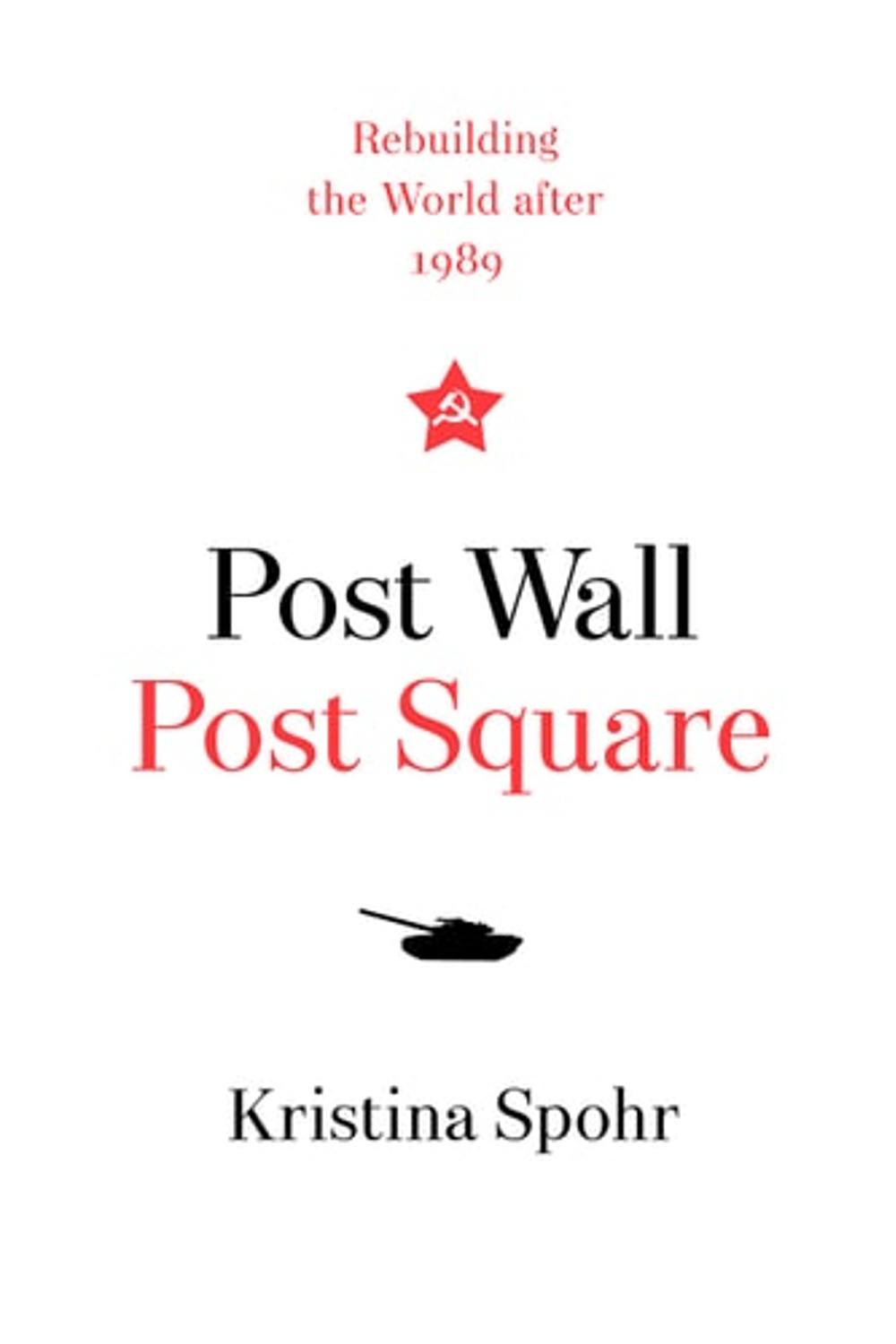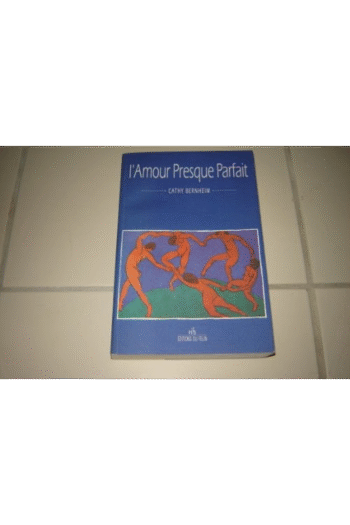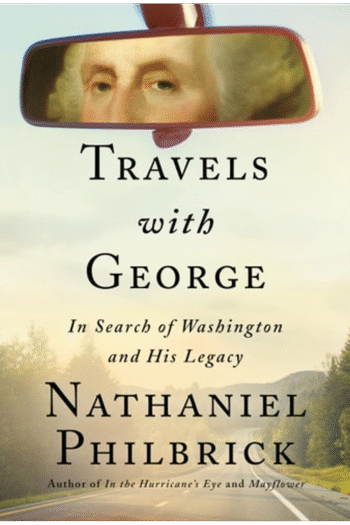Kristina Spohr’s “Post Wall, Post Square” delivers a fresh perspective on the transformative years following the fall of the Berlin Wall. Moving beyond the familiar narrative of the Wall’s collapse, this meticulously researched book unearths the complex geopolitical dance that reshaped Europe and the world. Spohr reveals the untold story of how key leaders Gorbachev, Bush, Thatcher, and Mitterrand navigated immense challenges, often clashing but ultimately forging a new order. Drawing on newly declassified archives, Spohr exposes the intricate diplomatic negotiations and the surprising degree of cooperation that averted larger conflicts. “Post Wall, Post Square” goes beyond a Eurocentric view, examining China’s parallel trajectory after Tiananmen Square and offering a vital global context. It illuminates how decisions made in the late 20th century continue to reverberate in our present-day world of political instability and shifting alliances. This insightful analysis is crucial for understanding the origins of today’s global landscape and the forces shaping our future. A compelling read for anyone seeking to understand international relations, modern history, and the lasting impact of 1989.
Post Wall, Post Square: Rebuilding the World after 1989 (English and German Edition)
22,96 $
In stock
It is three decades since the fall of the Berlin Wall in 1989. Whilst much has been written on the events leading up to this moment, POST WALL, POST SQUARE explores what happened after the wall came down.
Drawing on a wealth of newly declassified archival sources from both sides of the Iron Curtain, historian Kristina Spohr shows how a new European order, the collapse of the Soviet Union and the unification of Germany, was created without a major conflict unlike the great transformations of 1815, 1918 and 1945.
Instead, the Post Wall world was made in significant measure through interactive diplomacy among a small group of international leaders. From the remarkable but flawed Mikhail Gorbachev and US President George H.W. Bush, to British Prime Minister Margaret Thatcher and President Francois Mitterrand of France. Through intense argument and cooperative negotiation, these leaders adapted Western institutions of the Cold War, harnessing NATO and the European Community as frameworks to unite the whole continent.
With deft analysis, Spohr insists that the reshaping of Europe must be understood in a global context. She connects events in Berlin and Moscow, contrasting them with the very different trajectory taken by Beijing and the brutal suppression of democracy in Tiananmen Square. Her global story weaves together these two timelines in revelatory ways, bringing out strongly the diminutive but commanding figure of Deng Xiaoping.
Spohr masterfully reveals how the past shapes the present, how our contemporary world of Putin, Trump and Xi, of a fragmenting European Union, rogue states and the crisis of mass migration, have their roots in these pivotal years of 1989-1992.
| Authors | |
|---|---|
| Binding | |
| Condition | |
| ISBN-10 | 0008280088 |
| ISBN-13 | 9780008280086 |
| Language | |
| Pages | 432 |
| Publisher | |
| Year published | |
| Weight | 2022 |
Related products
-
Teacher’s Pet
24,01 $
- Additional information
- Currencies
- USD – United States dollar
- EUR – Euro
- GBP – Pound sterling
- CNY – Chinese yuan
- BRL – Brazilian real
- MXN – Mexican peso
- JPY – Japanese yen
- PHP – Philippine peso
- THB – Thai baht
- PLN – Polish złoty
- CAD – Canadian dollar
- MYR – Malaysian ringgit
- AUD – Australian dollar
- TWD – New Taiwan dollar
- CZK – Czech koruna
- SEK – Swedish krona
- HUF – Hungarian forint
- ILS – Israeli new shekel
- CHF – Swiss franc
- HKD – Hong Kong dollar
- DKK – Danish krone
- SGD – Singapore dollar
- NOK – Norwegian krone
- NZD – New Zealand dollar





